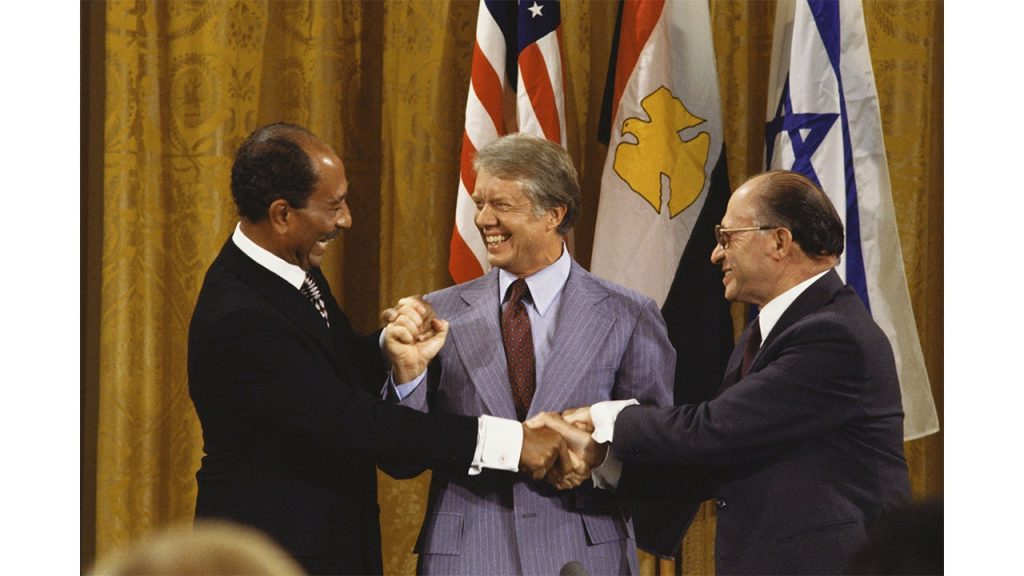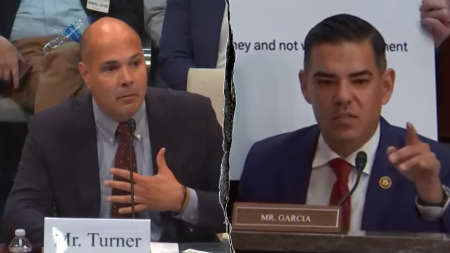Paragraph 1: A Landmark Achievement in a Troubled Presidency
Former President Jimmy Carter’s presidency, often overshadowed by economic struggles and foreign policy challenges, found its defining moment in the Camp David Accords of 1978. This landmark achievement, brokering peace between Israel and Egypt after three decades of conflict, stands as a testament to Carter’s diplomatic skill and tenacity. It represented a breakthrough in a region where previous presidential administrations had failed to achieve lasting peace, a "Holy Grail" of American diplomacy as described by Martin Indyk, a distinguished fellow at the Council on Foreign Relations. The accords became Carter’s signature foreign policy success, a beacon in a presidency otherwise marked by difficulties.
Paragraph 2: The Genesis of the Accords and the Role of Kissinger
The seeds of the Camp David Accords were sown years earlier, in the aftermath of the 1973 Yom Kippur War. This costly conflict for both Israel and Egypt, as well as other Arab nations, prompted then-Secretary of State Henry Kissinger to initiate negotiations. Kissinger’s efforts resulted in a ceasefire and disengagement agreement, leading to a partial Israeli withdrawal from the Sinai Peninsula. While these initial steps were crucial, they did not achieve a comprehensive peace agreement. It was this unresolved situation that Carter inherited upon entering the Oval Office.
Paragraph 3: Sadat’s Historic Visit and Carter’s Risky Gamble
In November 1977, Egyptian President Anwar Sadat made a historic visit to Jerusalem, a bold gesture signaling his desire for peace. While Sadat’s initiative offered a glimmer of hope, initial talks proved challenging and ultimately unsuccessful. Recognizing the potential for a breakthrough, but also the immense risks involved, Carter made the audacious decision to invite both Sadat and Israeli Prime Minister Menachem Begin to Camp David for intensive negotiations. This high-stakes gamble underscored Carter’s commitment to achieving a lasting peace in the Middle East.
Paragraph 4: The Challenges of Camp David and the Palestinian Question
The twelve-day Camp David summit was shrouded in secrecy, reflecting the delicate nature of the negotiations. Carter faced the daunting task of bridging deep-seated divisions between Israel and Egypt, with no guarantee of success. A critical issue was the fate of the Palestinian people. Sadat felt a strong obligation to address the Palestinian cause, a matter of significant importance to the Arab world. Carter’s diplomatic skills were put to the ultimate test as he navigated these complex and sensitive issues.
Paragraph 5: Carter’s "Genius" and the Separate Peace Treaty
Against the advice of his own aides and Sadat’s advisors, Carter made the pivotal decision to focus solely on a bilateral peace agreement between Israel and Egypt, setting aside the more complicated Palestinian question for later consideration. Indyk attributes this decision to Carter’s "genius," recognizing that a comprehensive agreement involving all parties might have been unattainable at that time. This strategic choice, while controversial, ultimately proved successful in securing a historic peace treaty between the two nations. The agreement addressed the immediate concerns of Israel and Egypt, establishing a framework for future negotiations on the Palestinian issue.
Paragraph 6: A Legacy of Peace and a Nobel Prize
The Camp David Accords became the crowning achievement of Carter’s presidency, a shining example of his commitment to peace and diplomacy. While his administration faced numerous challenges, Carter’s success in brokering peace between Israel and Egypt secured his place in history. In recognition of his extraordinary efforts, Carter was awarded the Nobel Peace Prize in 2002, a testament to the enduring impact of the Camp David Accords and his unwavering dedication to resolving one of the world’s most intractable conflicts. The Accords not only brought peace to two nations but also set a precedent for future peace negotiations in the Middle East.










